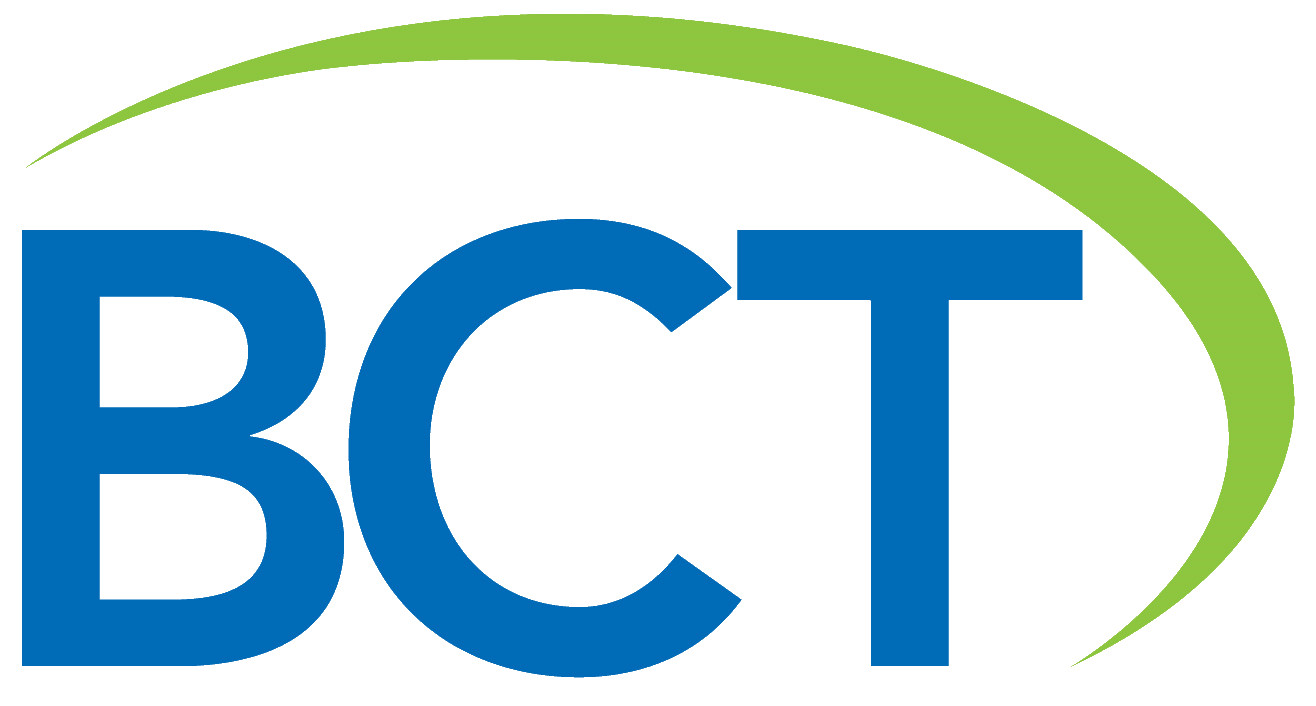Is This Job Legit? How to Spot a Job Scam, Especially as a College Graduate
Job Scams: How College Students Can Avoid Them
As a college student, finding a part-time job can be exciting, but it also opens the door to potential job scams. Scammers often target students with fake job postings, hoping to steal personal information or money. Here's how to spot and avoid these scams.
Common Job Scams Targeting College Students
- Mystery Shoppers – Fake jobs offering easy money for shopping that require you to cash fake checks.
- Envelope Stuffing – Promises of simple tasks at home with little pay, often designed to steal personal data.
- Repackaging/Shipping – Scams asking you to handle packages that may involve illegal activities.
- Issuing Checks from Home – Scammers send fake checks, asking you to send back part of the money, which leads to financial loss.
- Model/Talent Agencies – Agencies asking for upfront payment for photoshoots or training.
- Pyramid Schemes – Jobs that promise quick earnings by recruiting others, often leading to financial loss.
- Over-Payment Scams – Scammers overpay you and ask for the extra money back, leaving you responsible for a fraudulent check.
A Red Flag: The Fake Job Offer
Getting hired can feel great, but discovering it was a scam can quickly bring you down — and empty your bank account. Many college students look for virtual jobs, but if an employer sends your first paycheck before you start, it's a major red flag.
Scammers often post fake personal assistant jobs on job sites or social media, or send emails that appear to be from someone at your college. If you apply, they’ll mail you a check to deposit, then ask you to send part of the money to another account. The check will bounce, and you'll be left responsible for the funds, while the scammer walks away with your money.
Red Flags in Job Postings and Emails
- No company name or suspicious email addresses.
- Unrealistic offers of high pay for little work.
- Asking for money upfront or personal documents like Social Security numbers.
- Sending checks before any work is done.
- Requesting you to transfer money or give financial information.
How To Protect Yourself
- Research the company – Always look up the name of the company or the person hiring you, plus the words “scam,” “review,” or “complaint.” See what others are saying about them.
- Reach out directly – If the email looks like it came from a professor or an office at your college, call them directly to confirm if they’re really hiring for the position.
- Get it in writing – Ask the employer to send you details of the job duties, pay, and hours. If they refuse, that’s a red flag.
- Consult someone you trust – Show the offer to a trusted friend or mentor. This gives you time to think things through.
- Avoid scams that ask for money – Your boss should be paying you, not the other way around. If they ask you to deposit a check and send money elsewhere, walk away. Report it to the FTC at ReportFraud.ftc.gov.
By staying cautious and aware of these common job scams, you can safely navigate job opportunities and avoid falling victim to fraud. Job offers that seem too good to be true often are. Protect yourself by doing thorough research and being cautious about any job that asks for payment upfront or requires you to transfer money.
Stay vigilant and keep your personal information safe!
Go back to news feed.


